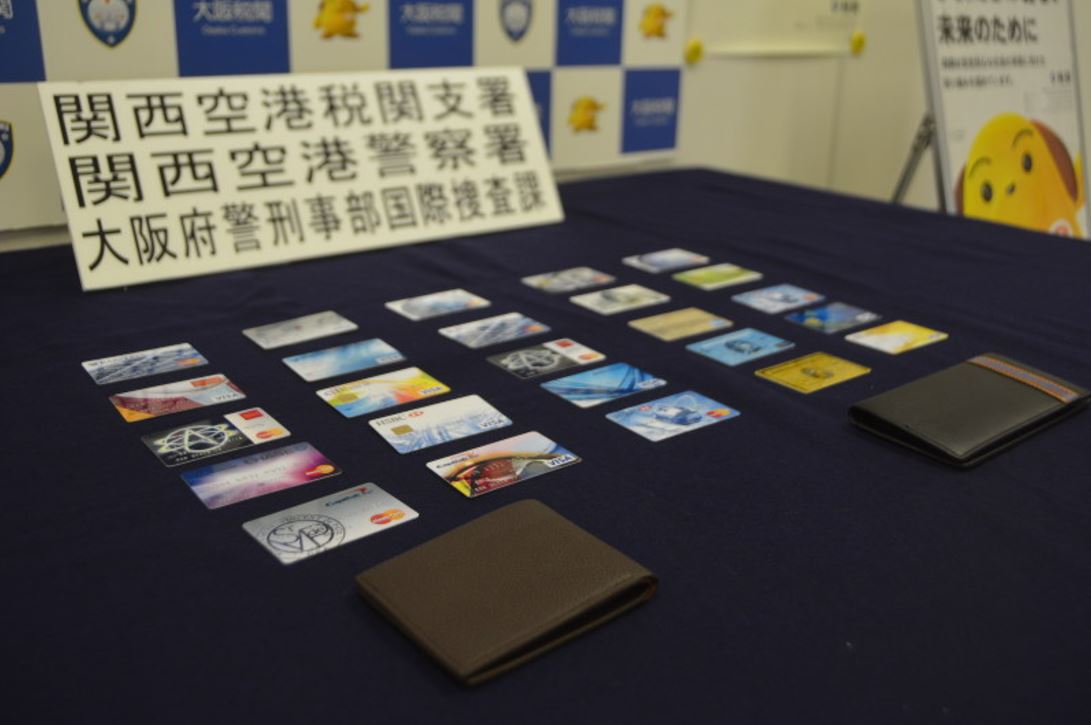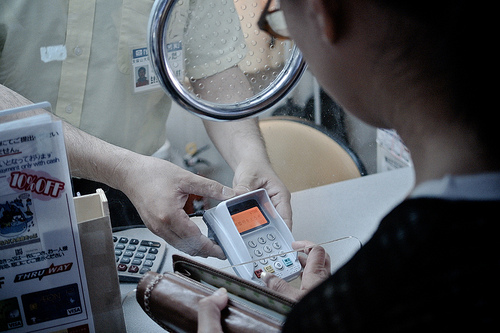Malaysians Are Gaining Notoriety For Using Fake Credit Cards In Japan
They pose as tourists while making illegal purchases.
Japan is now seeing a large influx of Malaysians who travel for the purpose of buying luxury items with fake credit cards
Since 2016, a total of 70 Malaysian 'tourists' have been arrested under the suspicion of owning and using fake credit cards
It's thought that the combination of Japan's welcoming approach to tourists and its relatively low measures combating credit card fraud have made it a target for crime organisations.
What’s the modus operandi? More and more criminals now enter the country posing as tourists and illicitly purchase items before hastily returning to their home country.
Those involved with the frauds also take advantage of the fact that Japan is experiencing an increase in inbound tourism. It gives them the opportunity to organise large-scale illegal "shopping sprees" while remaining under the radar as tourists on a short-stay.
Crime groups are known for recruiting Malaysian youngsters online to bring fake credit cards into Japan to carry out illegal purchases
A typical ad online would read "Japan! Tour and accommodation free."
They're usually made to target vulnerable and debt-ridden youths desperate to earn an extra income.
Those who go on to respond to the ads then enter arrangements where they illegally purchase products on the crime group's behalf and receive a small percentage of the profits.
As a result, Japan is now at a loss of 73,000,000 yen (RM2,863,581)
According to a report by Japanese daily, The Mainichi, notorious crime groups in China have even switched their bases from China to Malaysia, in order to evade police investigations within their home country.
What makes Japan a hotspot for criminals to purchase items with fake credit cards?
It’s ‘easier’ for criminals to get away with credit card fraud. The reason for this is that Japan allows cards without IC (Integrated Circuit) chips to be used.
A message found on a smartphone belonging to a suspected member of a Chinese crime gang read "In Japan, cards without IC chips can still be used. So we should quickly make money (before the system changes)."
Credit card information can be stored either on magnetic tapes or IC chips. Traditional credit cards store information on a magnetic tape while most newer cards use the IC chip. The IC chip is thought to be much more powerful since it can store a large amount of information and can perform mathematical calculations. These cards also require a pin to be used. This makes cards with IC chips much harder to counterfeit and decrypt.
However, in Japan, IC chip payments accounted for only 17% of all payments in 2017, making them the lowest among developed countries.
This trend is largely due to the reluctance of Japanese store owners to cover the cost of IC chip terminals. In addition, credit card companies tend to incorporate both magnetic and IC chips in their cards to maximise the number of stores where the card can be used.



